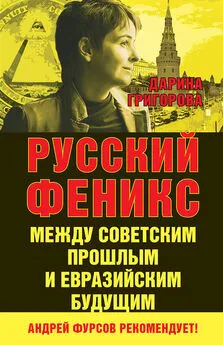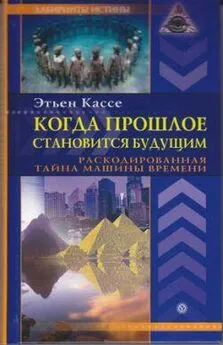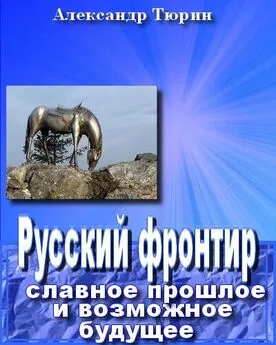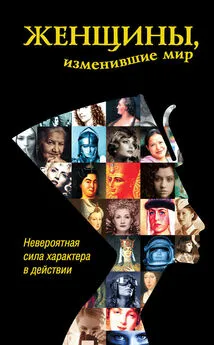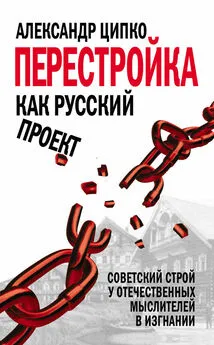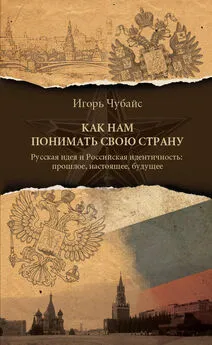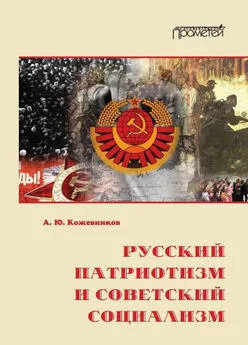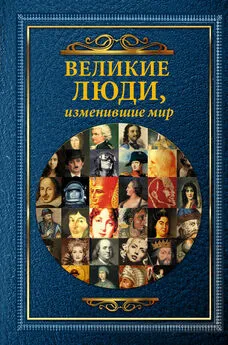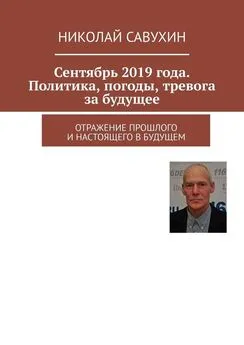Дарина Григорова - Русский Феникс. Между советским прошлым и евразийским будущим
- Название:Русский Феникс. Между советским прошлым и евразийским будущим
- Автор:
- Жанр:
- Издательство:Книжный мир
- Год:2018
- Город:Москва
- ISBN:978-5-6040153-9-1
- Рейтинг:
- Избранное:Добавить в избранное
-
Отзывы:
-
Ваша оценка:
Дарина Григорова - Русский Феникс. Между советским прошлым и евразийским будущим краткое содержание
Русский Феникс. Между советским прошлым и евразийским будущим - читать онлайн бесплатно ознакомительный отрывок
Интервал:
Закладка:
421
Выступление Нурсултана Назарбаева в МГУ им. М.В. Ломоносова. 1994. http://yeurasia.org/nazarbaev_msu_1994/
422
Григорова, Д. Евразийството в Русия. София, 2008.
423
Russia is going to a very difficult process of recovering it’s own national identity. Russia for a long time has an Empire but elite was mostly from the Baltic states and the Germany… from Poland, Georgia – that was elite! not authentically Russian even though Russia’s religiously and in terms of identity.
Zbigniew Brzezinski on Russia and Ukraine, Center for Strategic and International Studies, CSIS, December 19, 2014. http://csis.org/ multimedia/zbigniew-brzezinski-russia-and-ukraine
424
Вдовин, А.И., Зорин В.Ю., Никонов, A.B. Русский народ в национальной политике XX век. М., 1998, 211–278.
425
A policy of empire saving’ versus one of ‘nation-building’: Dunlop, John B. Rise of Russia and the Fall of the Soviet Empire. Princeton University Press, 1995, p. 287; Russia’s future as a liberal democratic country precludes her transformation into a Russian national state: Anatoly M. Khazanov. Ethnic Nationalism in the Russian Federation. Daedalus, Vol. 126, 3 (Summer, 1997), p. 139.
426
426.1 have chosen namely the term of ‘polite accession’ because the international law treats it in the same way as the ‘right to self-identification’ (exercised in the referendum of March 2014, which, albeit disputed dier to the lack of a sufficient number of international observers, showed the happiness of the return of the Russians – an undoubted majority of the Crimean population – to their homeland. The term ‘annexation’ is also correct, if referred to ‘the right of soverignty of the state borders’ but it cannot actually change anything and remains a matter of a legal and geopolitical position. The Unification of the Kingdom of Bulgaria and Eastern Rumelia was also an ‘annexation’ from a Turkish perspective.
427
427. Владимир Путин. Постсоветский период в жизни России завершен, впереди новый этап развития страны. – ИТАР-ТАСС, 11 апреля 2012 г. http://itar-tass.com/arhiv/542941
428
«Распад СССР и крах советской модели был воспринят Западом как свидетельство его безоговорочной правоты – моральной, исторической, экономической»: Федор Лукьянов. Европа, которую мы потеряли. – Российская газета, 05.11.2014. Федеральный выпуск № 6523 (251). http://www.rg.ru/2014/ll/05/lukjanov.html
429
H.G. Wells. The New World Order, 1940.
«I think that in the decades before 1914 not only I but most of my generation-in the British Empire, America, France and indeed throughout most of the civilised world-thought that war was dying out.
So it seemed to us. It was an agreeable and therefore a readily acceptable idea. We imagined the Franco-German War of 1870-71 and the Russo-Turkish War of 1877-78 were the final conflicts between Great Powers, that now there was a Balance of Power sufficiently stable to make further major warfare impracticable».
430
H.G. Wells. The New World Order, 1940.
«The war, the Chamberlain-Hitler War, is being waged so far by the British Empire in quite the old spirit. It has learnt nothing and forgotten nothing. There is the same resolute disregard of any more fundamental problem.
[…] For all that period the League of Nations has been the opiate of liberal thought in the world».
431
H.G. Wells. The New World Order, 1940.
«…we are living in the end of a definite period of history, the period of the sovereign states. As we used to say in the eighties with ever-increasing truth: «We are in an age of transition»; «The war is incidental; the need for revolutionary reconstruction is fundamental».
432
H.G. Wells. The New World Order, 1940.
«Political federation, we have to realise, without a concurrent economic collectivisation, is bound to fail. The task of the peacemaker who really desires peace in a new world, involves not merely a political but a profound social revolution, profounder even than the revolution attempted by the Communists in Russia. The Russian Revolution failed not by its extremism but through the impatience, violence and intolerance of its onset, through lack of foresight and intellectual insufficiency. The cosmopolitan revolution to a world collectivism, which is the only alternative to chaos and degeneration before mankind, has to go much further than the Russian…».
433
Герберт Уэллс. Россия во мгле. – В: Собрание сочинений в 15-ти томах. Том 15. Москва, 1964, с. 99. http://lib.ru/INOFANT/UELS/ russia.txt
434
H.G. Wells. The New World Order, 1940.
435
«Мы же, республики бывшего Союза, историей и судьбой подготовлены к единому сообществу. Нам присущи одни формы и механизмы связей и управления, общий менталитет, многое другое». – Выступление Нурсултана Назарбаева в МГУ им. М. В. Ломоносова. 1994. http://yeurasia.org/nazarbaev_msu_1994/
Интервал:
Закладка:
